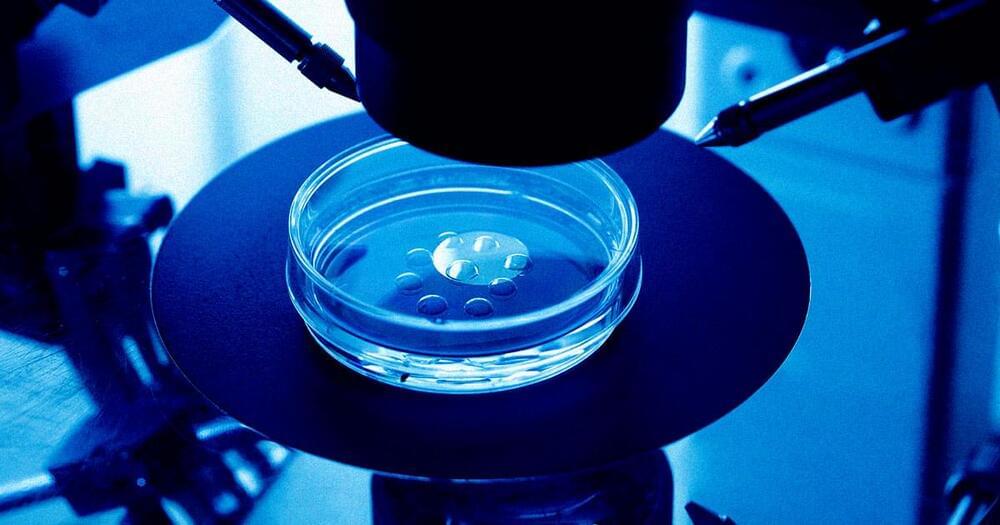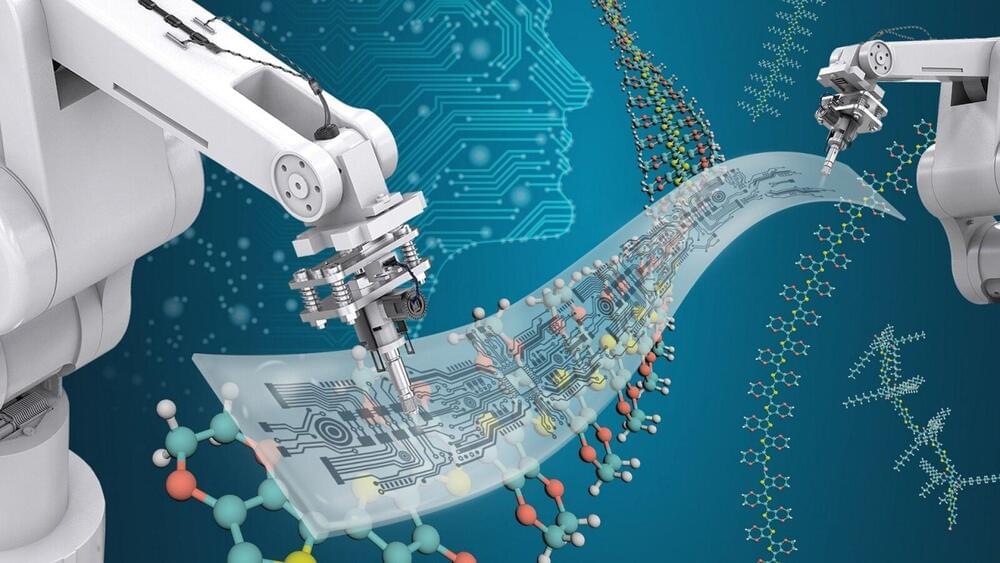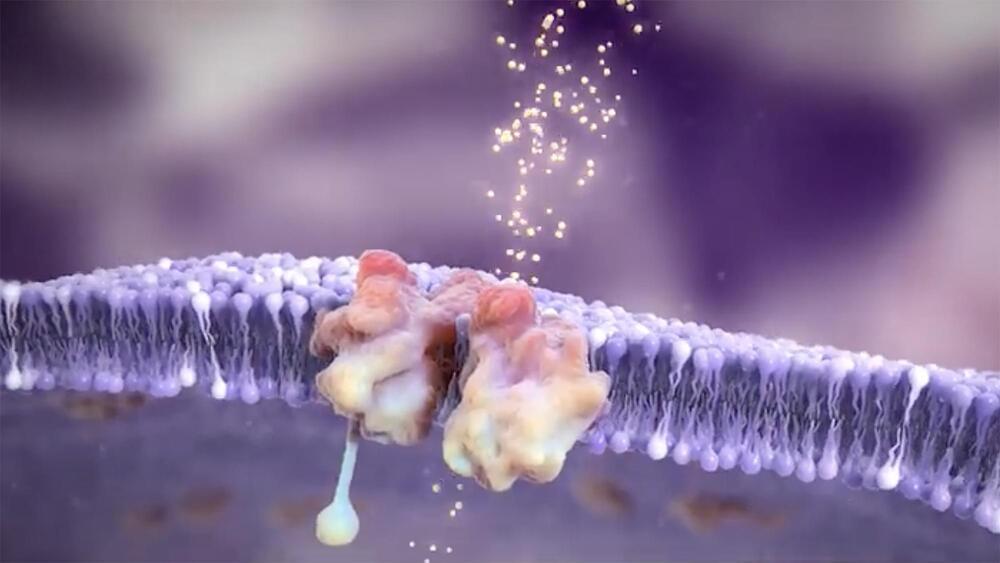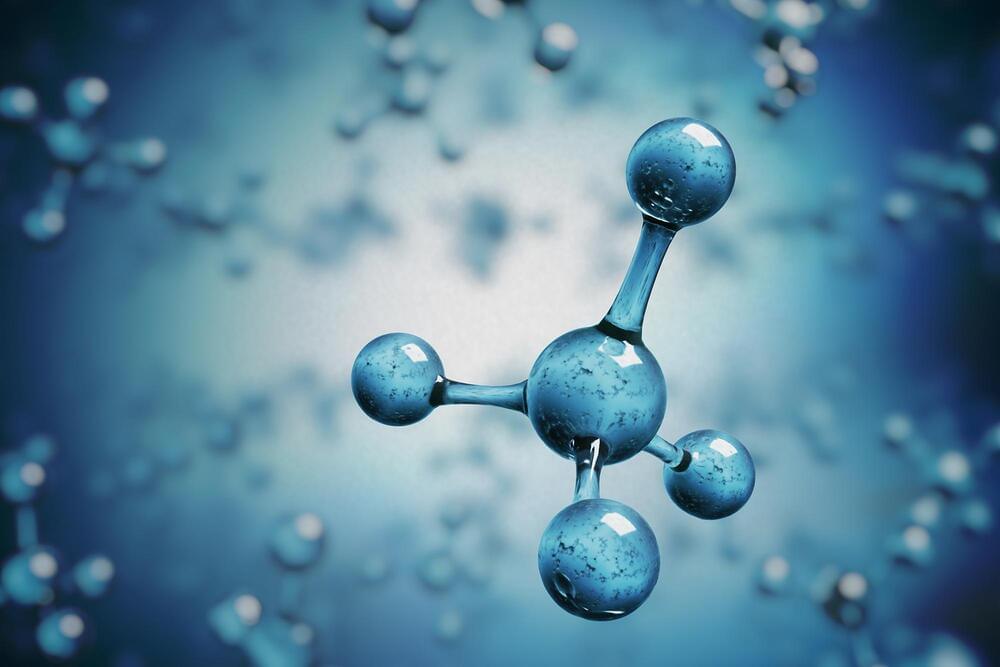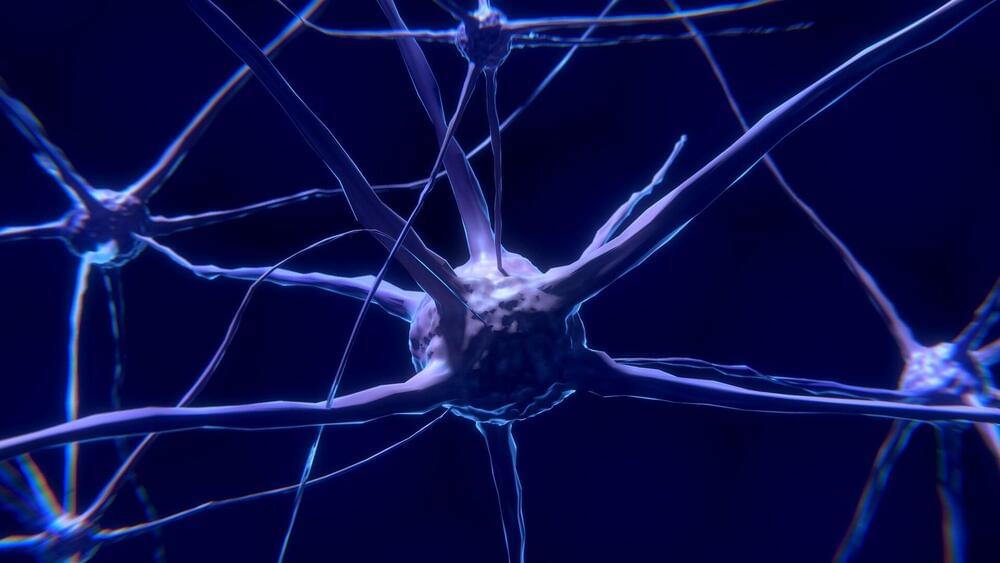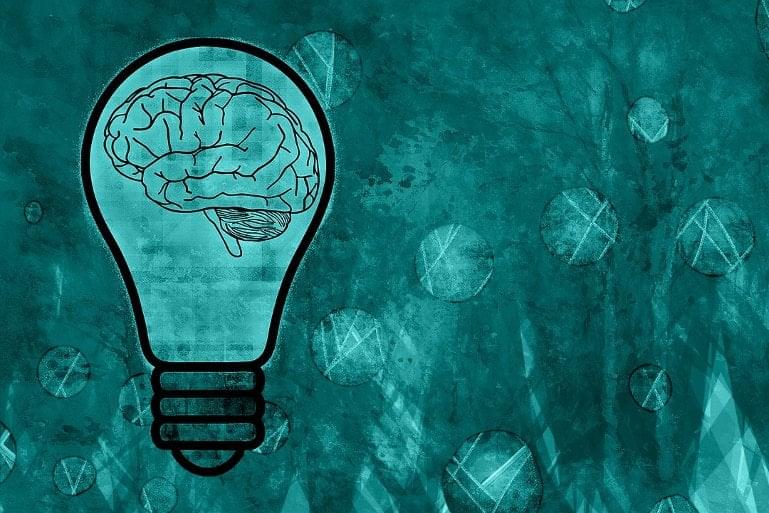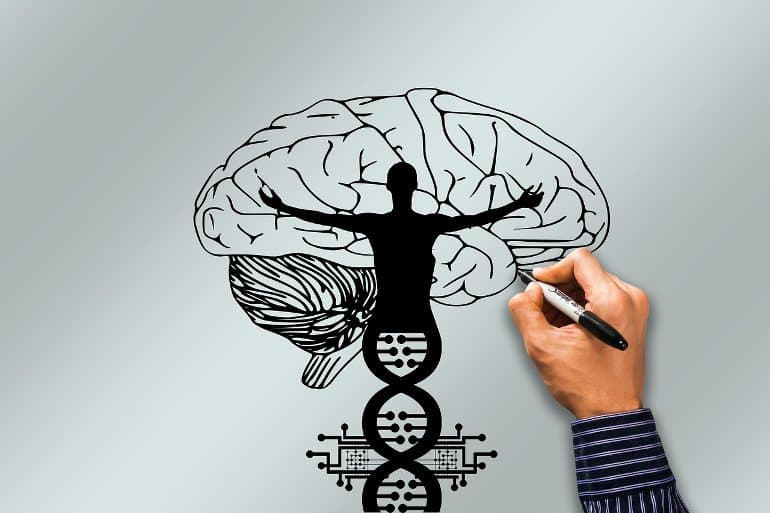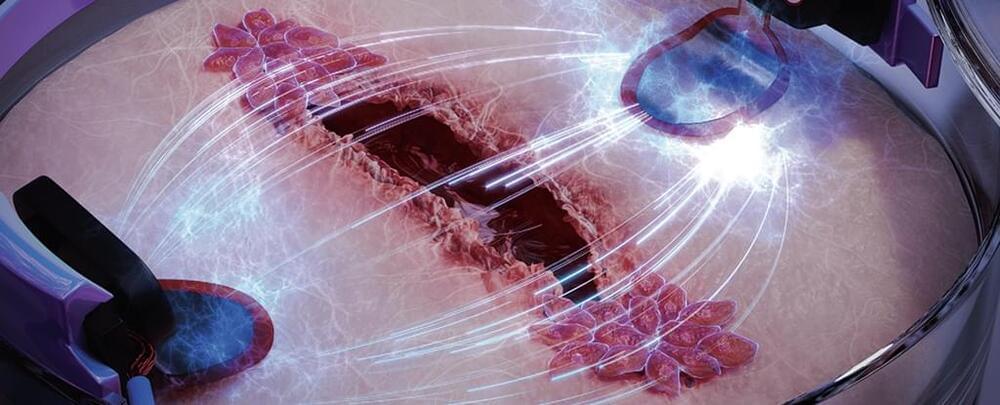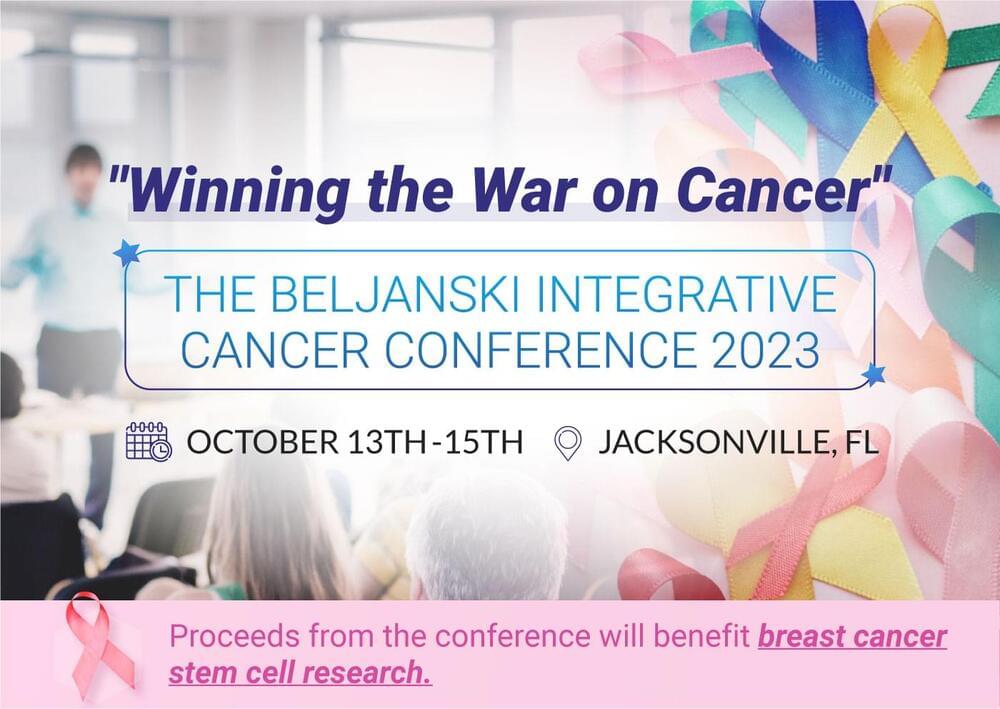Apr 26, 2023
First Babies Born After Being Conceived By Robot
Posted by Shubham Ghosh Roy in categories: biotech/medical, robotics/AI
A Spanish startup has built a sperm-injecting robot that can be controlled using a PlayStation controller. The team successfully used it to fertilize human eggs, eventually resulting in the birth of two healthy babies.
As MIT Technology Review reports, one of the engineers working on the world’s first insemination robot didn’t have all that much experience in the field of fertility medicine — which was where the PlayStation 5 controller came into, well, play.
Using the controller, a student engineer from startup Overture Life [name after descriptor] steered a tiny, mechanized in-vitro fertilization (IVF) needle to deposit single sperm cells into human eggs more than a dozen times.
